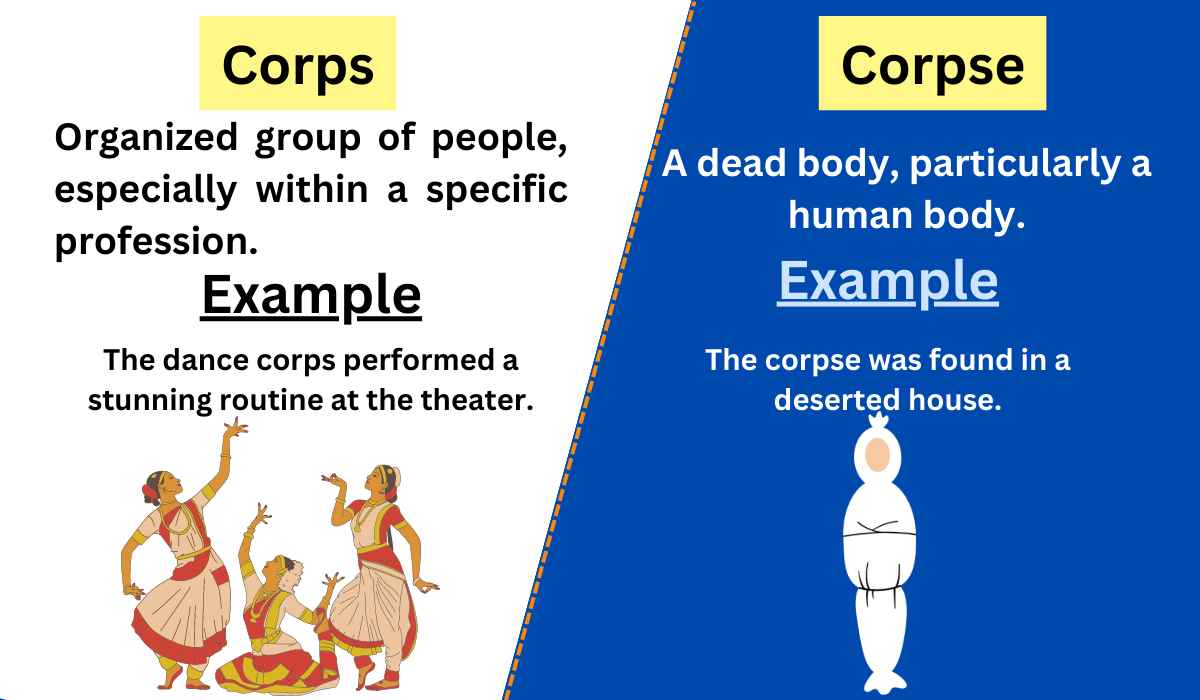Famous vs Notorious-Difference Between and Examples
The words “famous” and “notorious” are often used to describe individuals who are widely known or have gained recognition. While both terms relate to public recognition, they carry distinct connotations that can shape our perception of a person.
This article aims to clarify the differences between “famous” and “notorious” to help us accurately portray individuals and understand the nuances of their reputation. By discerning between these terms, we can navigate conversations and descriptions with precision and clarity.

Meanings and Examples
Famous Meaning
The meaning of “Famous” refers to someone who is widely recognized and well-known, usually for positive reasons.
Famous Examples
- “She is a famous actress who has starred in numerous blockbuster movies.”
- “The museum houses famous works of art by renowned artists.”
- “The city is famous for its historical landmarks and cultural heritage.”
Notorious Meaning
The meaning of “Notorious” describes someone who is widely known, typically for negative reasons or infamous actions.
Notorious Examples
- “He is a notorious criminal who has been involved in multiple high-profile cases.”
- “The company gained notorious attention for its unethical business practices.”
- “The neighborhood has a notorious reputation for its high crime rate.”
Difference Between Famous and Notorious
| Famous | Notorious | |
| Meaning | Widely recognized, well-known | Widely known, typically for negative reasons |
| Example | “She is a famous actress who has…” | “He is a notorious criminal who has…” |
| Usage | Positive recognition | Negative reputation |
| Context | Achievements, positive qualities | Infamy, negative actions |
Usage in a Paragraph
The renowned singer captivated audiences worldwide with her powerful vocals and dynamic performances. She quickly rose to fame and became a household name, earning the title of a famous artist. Her concerts sold out within minutes, and her music dominated the charts. In contrast, the notorious politician drew public attention due to a series of scandals and corruption allegations. His name was synonymous with controversy, and his actions tarnished his reputation. The media frequently covered his notorious behavior, which overshadowed any positive contributions he may have made. By understanding the difference between “famous” and “notorious,” we can accurately depict individuals’ achievements and their reputation, whether it be for positive accomplishments or negative actions.
While both “famous” and “notorious” describe individuals who are widely recognized, they carry distinct connotations that shape our perception of their reputation. “Famous” denotes positive recognition for achievements, talent, or notable contributions, while “notorious” implies a negative reputation associated with infamous actions or negative behaviors. By distinguishing between these terms, we can accurately convey the nature of an individual’s public recognition and the perception they evoke. Whether celebrating achievements or acknowledging controversies, understanding the nuances between “famous” and “notorious” enhances our ability to communicate effectively and convey the appropriate meaning in various contexts.






Leave a Reply